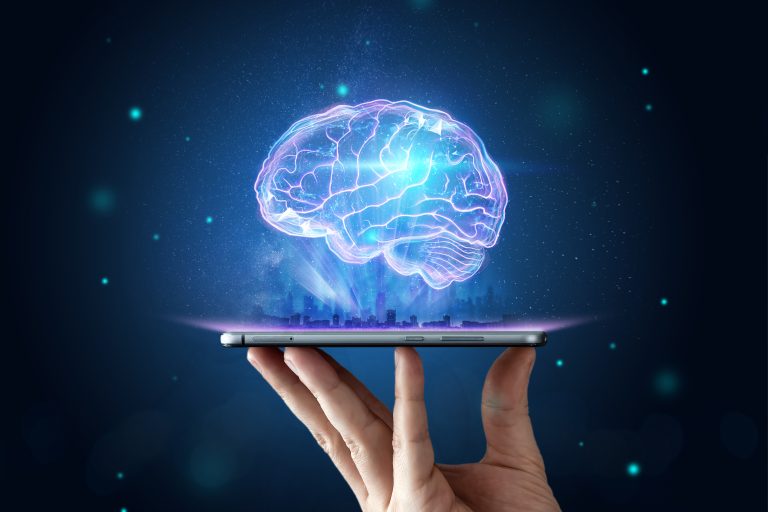The Czech Minister of Education, Vladimír Balaš, is planning to focus on the use of artificial intelligence in Czech schools. Photo credit: Freepik.
Czech Rep., February 27 (BD) – The use of Artificial Intelligence (AI) is becoming increasingly common in schools around the world. AI can be used to personalise learning, by developing learning platforms that adapt to individual student’s needs and learning styles, or through Intelligent Tutoring Systems (ITS), which employ artificial intelligence to provide individualised instruction to students through software applications.
At the same time, the use of technology in education is controversial, due to the emergence of ChatGPT, a chatbot created by the American company OpenAI and launched in November 2022, which can auto-generate authentic texts based on simple instructions. Some are concerned that students will use such technology to write essays and term papers without detection from professors.
According to the Czech News Agency (CTK), Czech Minister of Education Vladimír Balaš is planning to focus on the use of artificial intelligence in Czech schools. One of the measures being considered, for example, is a round-table with experts in the field.
Aneta Lednová, a spokesperson for the Czech Ministry of Education, told CTK the department’s goal for 2022-2024 is to make advanced digital technologies available to all schools, and at the same time train teachers so that this equipment can be used effectively. She said one of the main concerns in this regard is the proper use of artificial intelligence tools and the prevention of their unauthorised use.
The risks and challenges posed by AI technology will vary between different educational systems. For example, unlike the Anglo-American education system, Czech schools usually do not require students to write essays at home; pupils and students usually get their grades from oral examinations or tests on paper in the school. Jiří Zajíček, chairman of the Union of School Associations of the Czech Republic (CZESHA), told CTK that this form of examination of pupils prevents the abuse of chatbots.
In turn, the effectiveness of strategies employed to address the challenges depends on various factors: the specific policies and practices adopted, the resources available, and the level of awareness and engagement of educators and students. According to Lednová, Czech schools would set their own rules regarding the use of AI.
Martin Bareš, chairman of the Czech Rectors’ Conference and Rector of Masaryk University in Brno, told CTK that for universities, the introduction of ChatGPT is a challenge which will require a response. Lednová agreed, saying that while the Ministry cannot interfere with the teaching at universities, it hopes to provide support in finding suitable answers to the current challenges they face.
A spokesman for Charles University, Václav Hájek, told CTK the university had not yet recorded a case of misuse of artificial intelligence, but that the new applications would result in a shift in student testing methods. “Teachers will have to focus on an individual approach, use much more oral discussion of student work, and demand professional contributions in the work of their students,” he said.
While AI is still in the early stages of implementation in Czech schools, there is a growing interest in using it to enhance student learning and provide new educational opportunities. One of the largest European conferences dedicated to machine learning, artificial intelligence, and deep learning applications will take place in Prague and online from 2-4 June 2023, organised by the Machine Learning Academy and Kiwi.com. More information is available in Brno.AI or mlprague.com.






